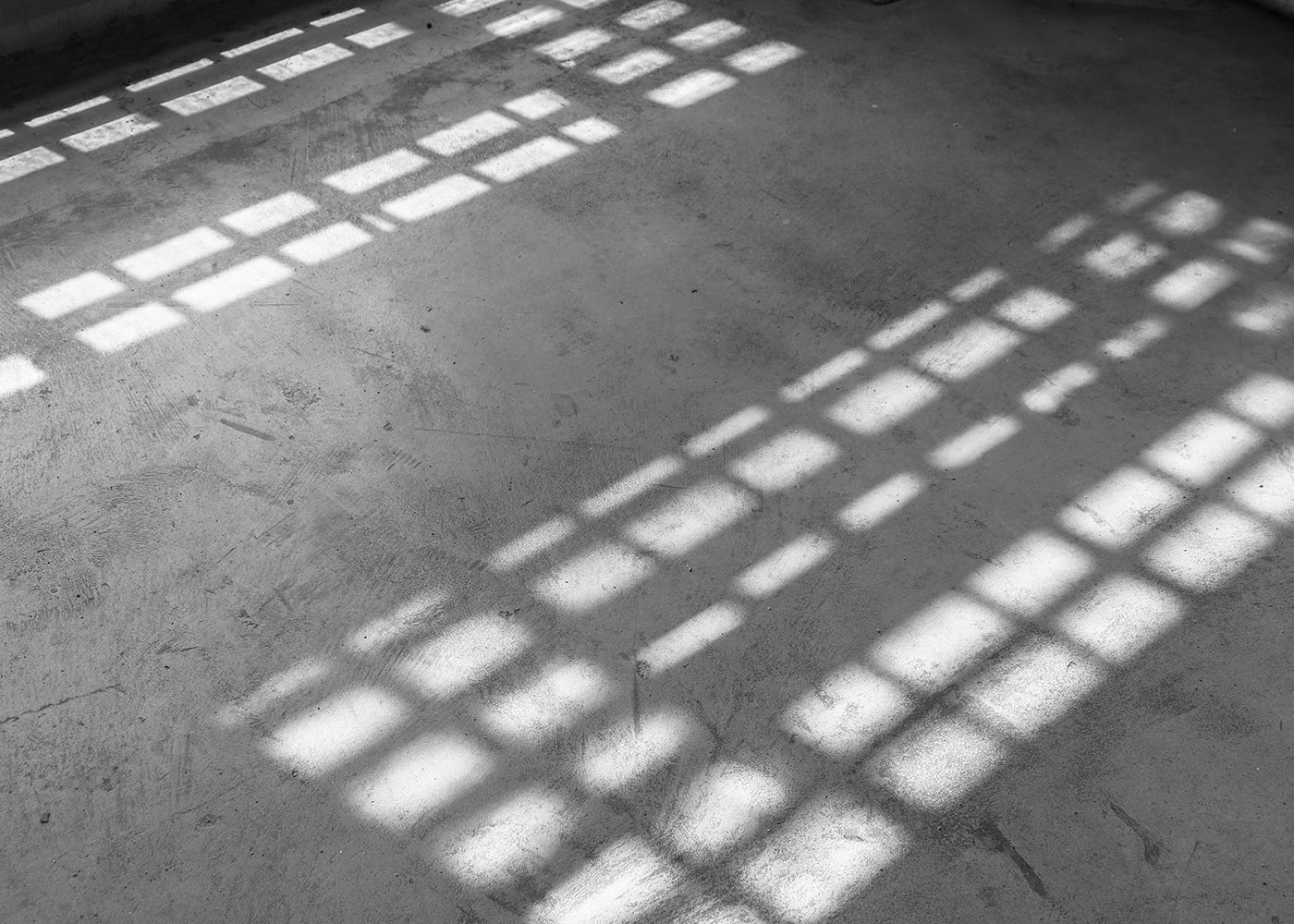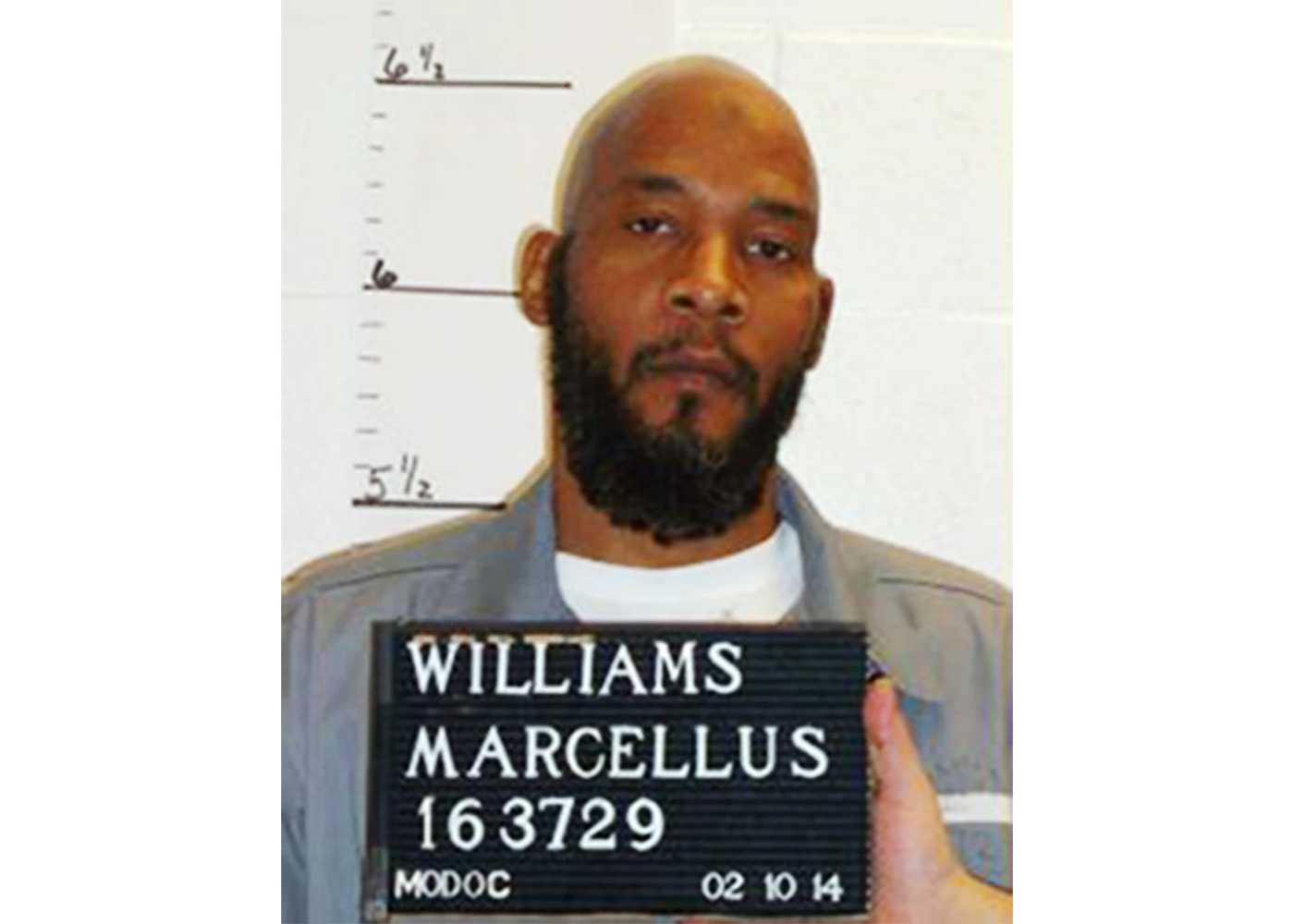How The Death Penalty Distorts America
Trump will escalate killing, why isn’t state murder more controversial?

On the 24th of September 2024, the State of Missouri murdered Marcellus Williams, a 55-year-old black man. Mike Parson, the governor of Missouri, was an accomplice to the murder, as was the state Attorney General, as were members of staff in the grim, indifferent corridors at The Eastern Reception, Diagnostic and Correctional Center in Bonne Terre, as were several implacable members of the US Supreme Court.
I use the word “murder”, rather than the bureaucratic alternative, “execution”, as the usual definition of “murder” is “the unlawful premeditated killing of one human being by another”. According to Amnesty International, the killing of Mr. Williams breached international law: “The UN Human Rights Committee, established under the International Covenant on Civil and Political Rights (ratified by the USA in 1992), has said: ‘The execution of a person whose guilt has not been established beyond reasonable doubt constitutes an arbitrary deprivation of life’”. There was every indication in the Williams case that his guilt had not been established beyond a reasonable doubt.
The primary victim in the case is Felicia Gayle. Gayle, a 42-year-old journalist at the St. Louis Post-Dispatch, was murdered in her home in 1998. The crime scene spoke of horrifying, incontinent violence. Gayle had been stabbed more than 40 times with a kitchen knife, which her attacker left implanted in her neck as she died, presumably in terror, curled into the foetal position in the blood-spattered entrance hall of her house.
Marcellus Williams was tried and convicted of the murder. The evidence against him was shaky, certainly shaky enough to raise reasonable doubt. There was no physical evidence whatsoever that linked him to the crime, although physical evidence was collected at the scene. Witness testimony against him was unreliable and premised on hearsay.
Together with the evidential insufficiencies, the prosecution eliminated all but one, solitary black person from the jury in a notoriously racialised judicial environment. The veteran Death Penalty attorney Clive Stafford-Smith has commented that if the victim in a capital murder case is black and the accused white, there is a good chance that the death penalty can be lifted. If, however, those racial characteristics are reversed, and the accused is black, it is all but certain that they will die.
As the years advanced and doubts over Williams’s guilt mounted, several stays of execution were granted by the court. All those closest to the case were of a unanimous mind that the conviction was unsafe and that, at the very least, the sentence of death should be commuted, yet the system conspired, inexplicably and against all justice and reason, to secure the murder of Williams: an inquiry board of five federal judges was convened to examine new evidence in the case, but after his election as governor of Missouri, Mike Parson disbanded the board without hearing its recommendations; the prosecution itself, admitted its error and presented a motion to vacate the death sentence, but was overruled by the State Attorney General; prosecutors negotiated a plea bargain in which Williams would instead receive a life sentence, the judge refused to accept it; the grieving family opposed the sentence being carried out, no-one cared; the three sane US Supreme Court judges said that they would have granted a stay, but that they were out-voted by the Republican-appointed majority, who seemed, as they so regularly do, unfazed by the demands of justice, morality and international law.
And so at 23.01 on the 24th of September 2024, Missouri’s “execution team”, their identities disguised under the State’s protocol, began to inject pentobarbital, a fast-acting barbiturate, into Marcellus Williams. It is unclear how accomplished the murderers were, if they injected the poison into a muscle, rather than a vein, or if the needle became obstructed at any point, Williams would have suffered excruciating pain. In any event, the pentobarbital prevented Williams’s lungs from functioning, his vital organs began taking catastrophic damage, eventually his heart went into arrest. At 23.10 the staff at The Eastern Reception, Diagnostic and Correctional Center were able to announce that they had successfully killed him.
This bloodthirsty sequence of events strikes me, a European citizen in a nation that doesn’t retain the death penalty, as completely incomprehensible. Why wouldn’t you scramble to arrest this death march if there was so much as a faintly whispered doubt over the guilt of the condemned? It’s as if the integrity of justice in the extraordinary circumstances of deliberate killing, carried out by the state, is less important than the uninterrupted functioning of the dull procedures that support it.
Someone, I don’t quite remember who or where, observed that in former times they used to strike up the band and summon a crowd when a man faced his moment of execution, there would be wailing and lamentation, a procession, the gravity of the event would be commemorated. Now, in the modern State of Missouri, they simply yawn through procedural hearings that dismiss evidence of innocence as untimely, and dispatch the source of inconvenience over nine minutes at The Eastern Reception, Diagnostic and Correctional Center. The whole production recalls Hannah Arendt’s characterisation of Adolf Eichmann and his accomplices as “desk murderers”.
Another feature of the US justice system that astonishes the European mind, is the sheer scale of the sanctions: sentences that run into hundreds of years, life sentences for theft, years-long incarcerations for petty drug possession offences. It’s hard not to feel that this culture of excessive punishment is incubated by the sinister presence of the death penalty at the summit of the penal code.
We see this in other countries that retain the death penalty, there’s a kind of pornography of retribution, together with an opposing, histrionic movement for salvation. “Proponents of the death penalty will argue that there are terrible crimes that deserve terrible consequences”, Robin Maher, Executive Director of the Death Penalty Information Center, tells me, “that's just pure retribution… and there are still some people who argue that there are religious reasons for the death penalty, an eye for an eye, that the religious commandments require them to provide a strong response to very violent crime. Although we have many more religious arguments against the death penalty now, and many more religious organizations who argue that the death penalty is inconsistent with their philosophies of reverence for life”.
I have recently begun a new project around Capital Punishment (I will share updates in this newsletter as it progresses), and what is amazing to me is that the death penalty appears to make no impression at all on national politics. During recent US election cycles, we have seen a passionate and voluble conflict over some of the weightiest moral, cultural and constitutional questions imaginable: abortion, gun control (in the context of mass murders), systemic racism and the police, the limits of presidential power, the composition of the US Supreme Court, the right to vote. And yet the death penalty hasn’t featured at all. During the current Presidential election cycle, at least two people have been executed who may have been innocent, one of whom was Marcellus Williams, and yet I saw no comments in the reporting from either of the campaigns.
The possible resumption of a Trump presidency should make this an urgent question. Unsurprisingly for someone who has shown nothing but contempt and disregard for the lives of others, Trump initiated a killing spree during his first term in office. More people were executed under Trump than under the previous ten presidents combined. In the final, hysterical days of his presidency, the bloodlust escalated as Trump broke with over a century of precedent, in which Federal executions are paused during a presidential transition, and executed five people before Joe Biden assumed office.
Trump’s language of extreme vengeance, threats to imprison and execute his opponents, exact violence against groups that he disapproves of, a thirst to condemn and kill that predates his political career, means that state killing, to include the murder of innocent men and women, will likely expand from the first day that he assumes office. The Trump White House may well commence the bloodiest era in the modern judicial history of the United States, a history which Robin Maher described to me:
“Many states became disillusioned with the use of death penalty and its use deteriorated to the point where it was barely being used at all up to and through the mid -1970s, or I should say 60s. In 1972, the United States Supreme Court decided that the death penalty, as it had been currently used at that time, was unconstitutional as applied…[and] the court invalidated all of the death penalty statutes in the United States. And all of the states then turned to their legislatures to think about how they could change the way that they were using the death penalty and what unexpectedly happened was a resurgence in the use of the death penalty.
What we've seen since then, in the decades that have elapsed, is that really not much has changed - the death penalty remains arbitrary. It remains racist in origins and that racial bias has continued throughout the use of the death penalty…we've seen many, many problems with innocent people who are still sentenced to death and unable to secure relief in the courts before being executed.
As one of the few countries that continues to use the death penalty in the western world, we have a lot to answer for. People look at us from other countries and don't understand why the United States would continue to use a punishment so severe and so very obviously unfair in many respects. It really exemplifies so many things that are wrong with our legal system. It shows the very extreme results of prosecutorial misconduct, of racism, the effects of ineffective representation for the defendant. Many of the systemic problems that are problems for our legal system writ large can be shown in the death penalty, in the most extreme way, because it results in the death of a human being, sometimes a human being who is innocent.”
At the time of writing I have just concluded a long interview with someone who was condemned to die by lethal injection. Unlike Marcellus Williams, his innocence was proven and accepted by the system before it had a chance to kill him. His story is moving, affecting, distressing, yet also hopeful.
In a few days’ time we will learn whether Trump is to return and whether dozens of people detained in Federal prisons, some of whom will almost certainly be innocent, will live, or be put to death. It’s shocking that this question is not higher up the political agenda, the people of the United States should finally be asked to confront murder committed in their name.




A very powerful piece. John.